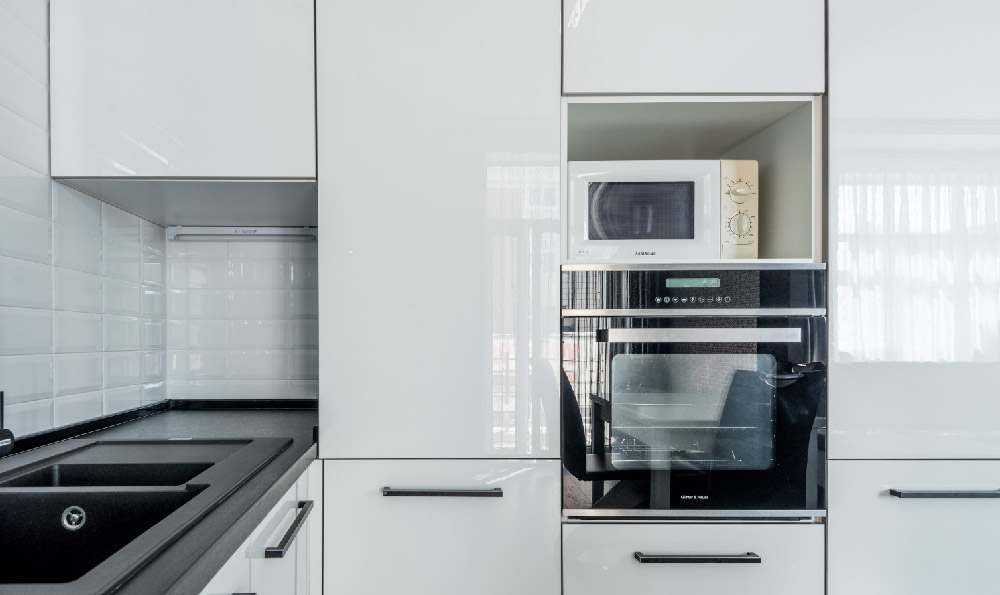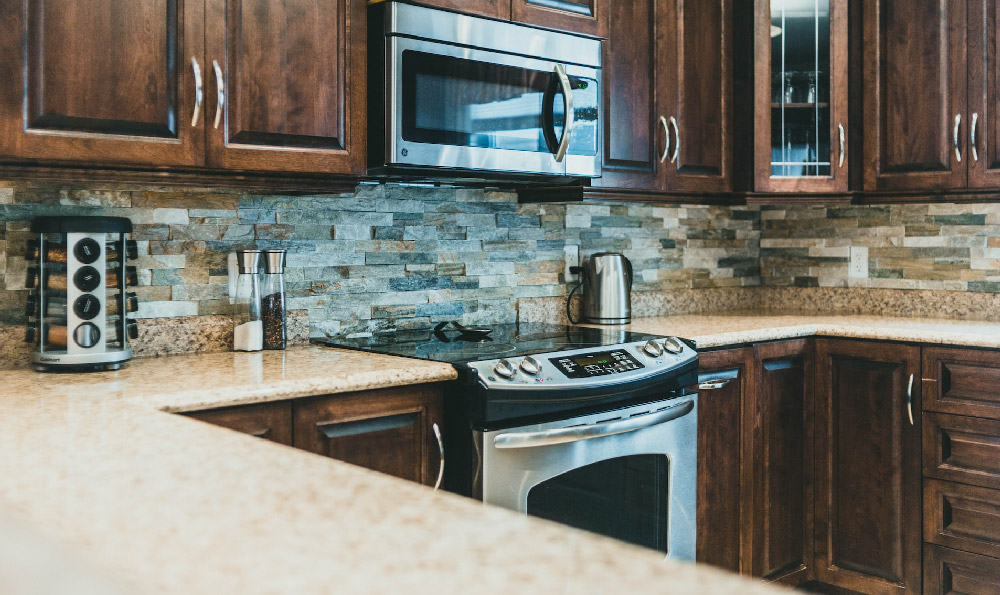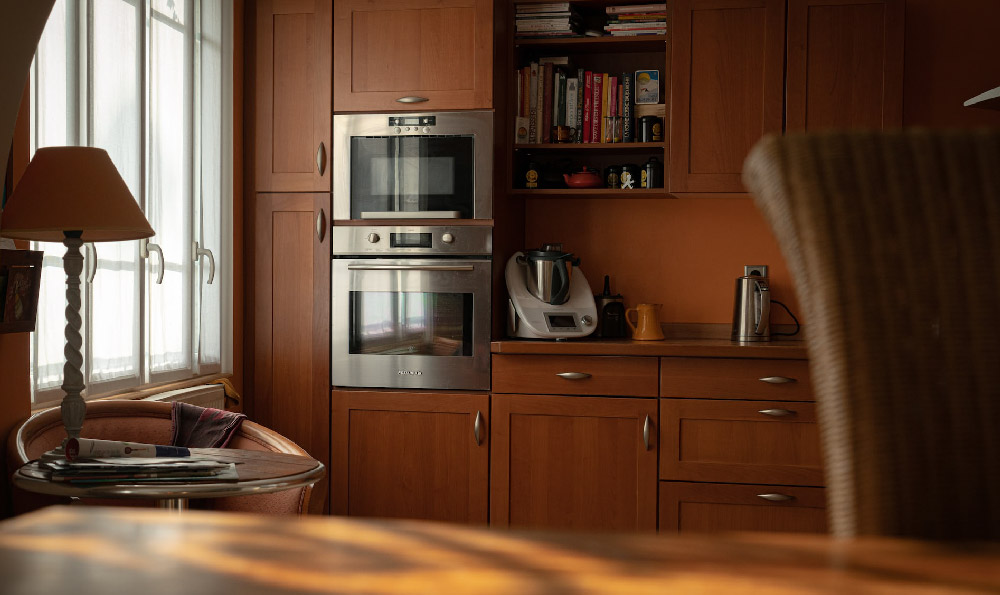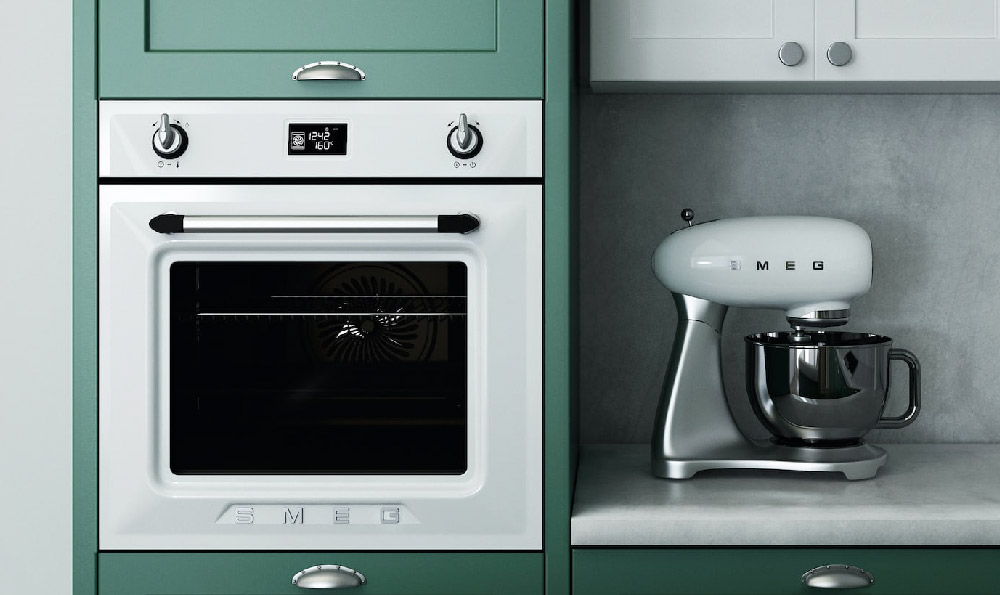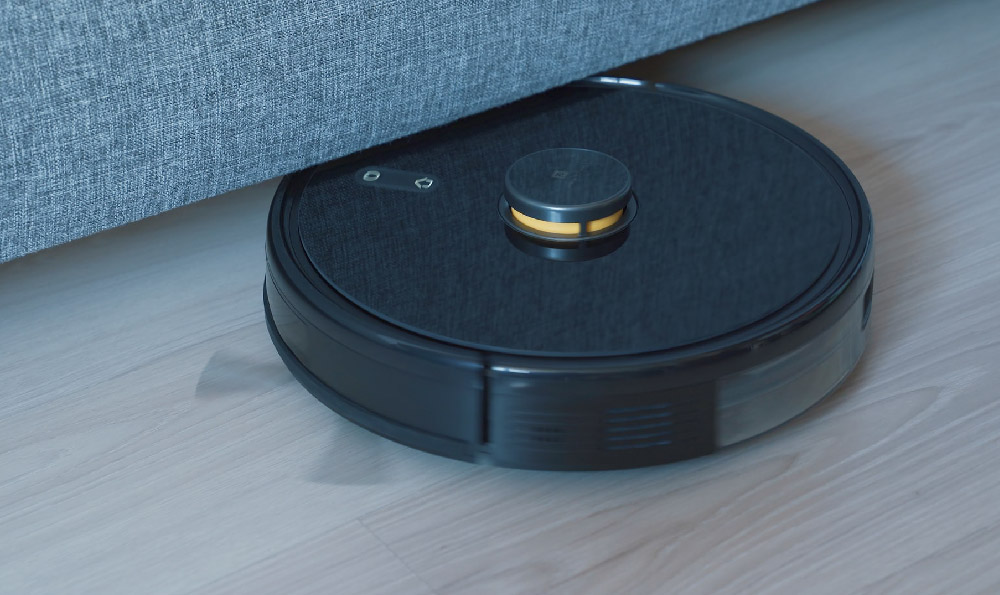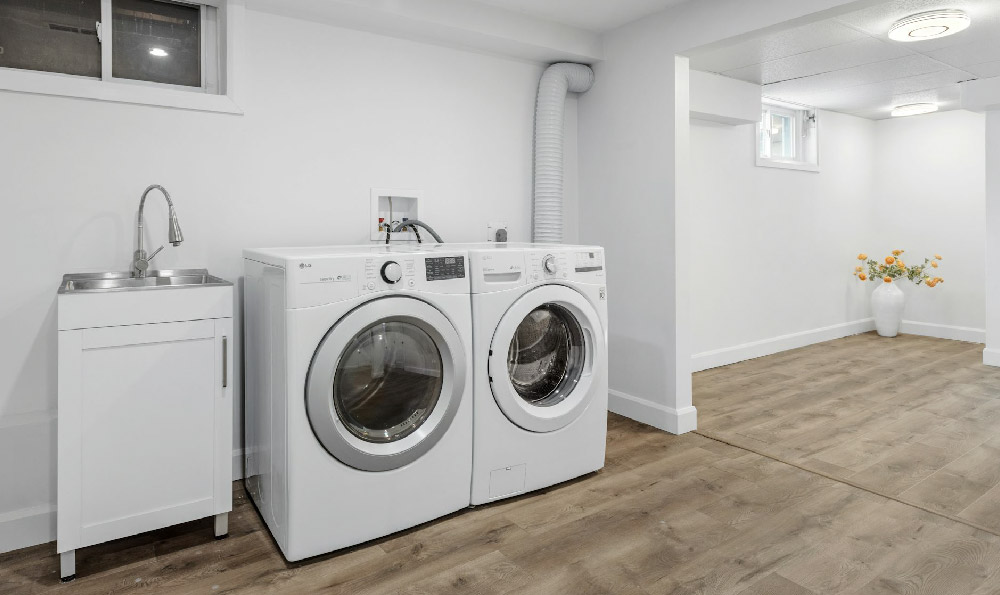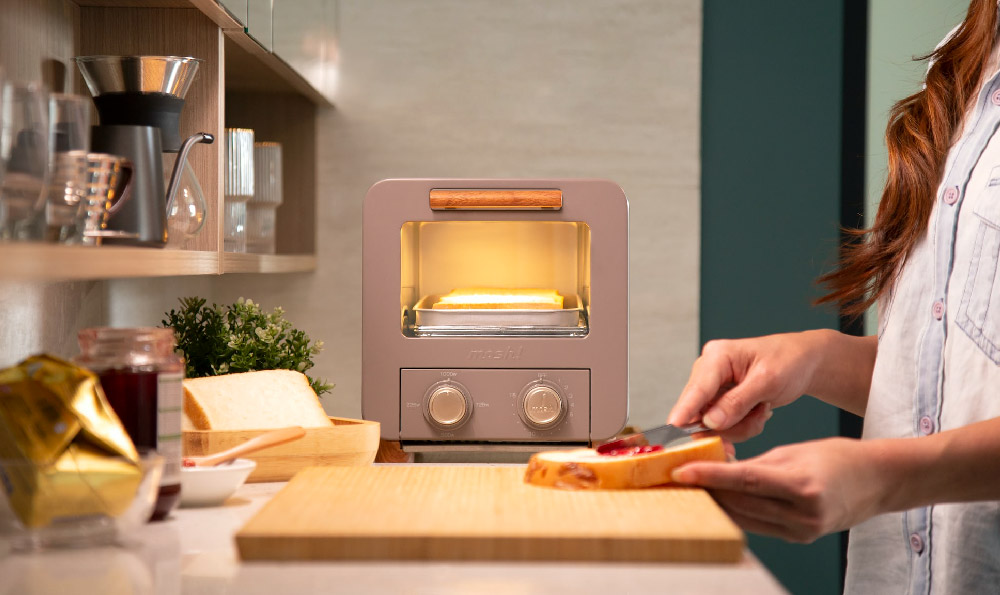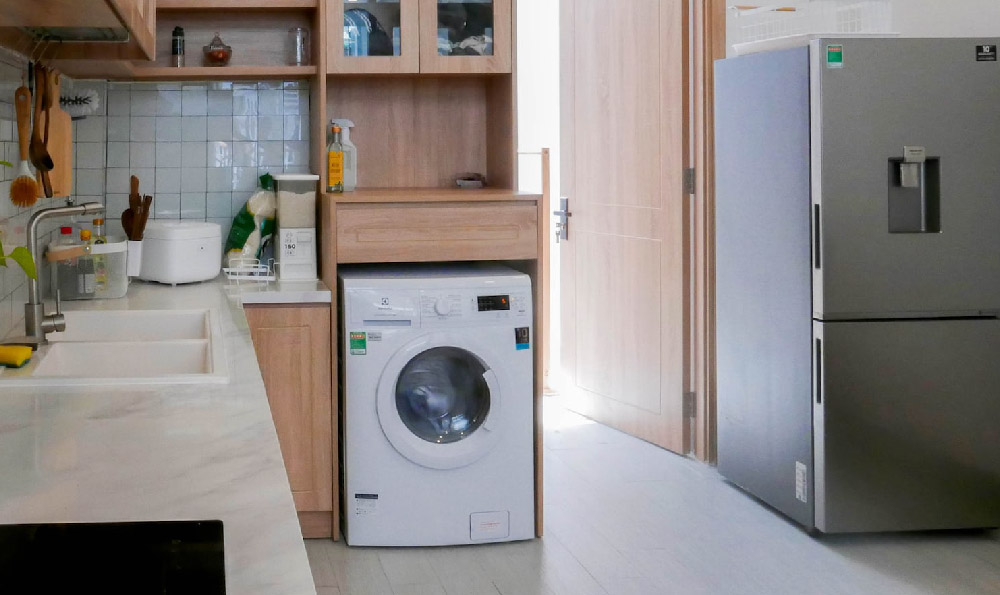
随着科技的发展和人们对舒适生活的追求,智能家居系统在住宅领域得到了广泛的应用。WELL系统的住宅作为一种高度智能化的家居系统,不仅可以提供便利和舒适的居住环境,还能够为居民带来健康、安全和节能等多重福利。本文将通过定义、分类、举例和比较等多种方法,系统地阐述住宅智能家居系统(WELL系统的住宅)的相关知识。
一、定义智能家居系统
智能家居系统是一种通过现代科技手段与住宅设备进行连接和控制的系统。通过互联网和传感器技术,智能家居系统可以实现对家居设备、照明、安防系统、电器等的集中控制和监测。智能家居系统以提高住宅的智能化程度和居住舒适度为目标,为居民提供便利、舒适、安全的居住环境。
二、WELL系统的住宅分类
根据WELL系统对住宅智能化的具体要求,可以将WELL系统的住宅分为健康、舒适和节能三个分类。健康类WELL系统的住宅主要强调室内空气质量、噪音控制和水质净化等方面的要求;舒适类WELL系统的住宅注重于照明、温度和湿度控制等方面的提升;而节能类WELL系统的住宅则着眼于能源的有效利用和节约。
三、举例说明WELL系统的住宅特点
举例一,健康类WELL系统的住宅注重室内空气的质量。通过安装智能空气净化器和监测传感器,居民可以实时了解室内空气的质量,并通过智能控制系统控制净化器的运行,提供洁净、健康的居住环境。
举例二,舒适类WELL系统的住宅专注于照明的智能化控制。通过安装智能调光灯和光照传感器,居民可以根据不同的需求自动调节灯光亮度和色温,提供舒适、宜人的照明环境。
举例三,节能类WELL系统的住宅通过智能控制系统实现节能和能源的有效利用。通过智能能源管理系统,居民可以实时监测家庭用电的情况,并根据需求智能控制空调、电视等电器的运行,达到节能减排的目的。
四、比较其它智能家居系统与WELL系统的住宅
与其他智能家居系统相比,WELL系统的住宅在舒适度和健康性方面更加突出。WELL系统对于室内环境的质量和住宅设备的要求更加严格,从而为居民提供更加舒适、健康的居住环境。WELL系统的住宅也更加注重节能和环保,通过智能控制手段和能源管理系统的运用,实现低能耗、高效能的生活方式。
结尾
住宅智能家居系统(WELL系统的住宅)作为一种高度智能化的家居系统,为居民提供了便利、舒适、安全、健康和节能等多重福利。通过智能控制手段和现代科技的应用,WELL系统的住宅为人们创造了更加智能、舒适和健康的居住环境,成为未来住宅发展的重要方向。
参考文献:
1. WELL Building Standard, International WELL Building Institute, https//www.wellcertified.com/
2. Intelligent Home Systems. (2019). Florida Building Code, 6th Edition, 2017. Part IV, Florida Building Commission.
WELL System Homes
Introduction

In recent years, the concept of wellness has gained significant attention in the residential construction industry. The WELL Building Standard, developed by the International WELL Building Institute (IWBI), focuses on creating living spaces that enhance the health and well-being of occupants. This article aims to provide a comprehensive overview of WELL system homes, employing objective, professional, clear, and systematic writing techniques.
Defining a WELL System Home
A WELL system home refers to a residential dwelling that adheres to the principles and requirements set forth by the WELL Building Standard. This standard encompasses various aspects, including air quality, water quality, lighting, thermal comfort, acoustics, and materials. By prioritizing the health and wellness of residents, WELL system homes promote a sustainable and holistic living environment.
Classification of WELL System Homes
WELL system homes can be classified into different categories based on their level of compliance with the WELL Building Standard. The standard offers three levels of certification Silver, Gold, and Platinum. Each level signifies a higher degree of adherence to the wellness principles, indicating superior indoor environmental quality and occupant satisfaction.
Example of a WELL System Home
To illustrate the features of a WELL system home, consider an example of a Platinum-certified residence. This dwelling incorporates advanced filtration systems to ensure clean and fresh indoor air, reducing the risk of respiratory ailments. It also utilizes energy-efficient lighting systems that mimic natural daylight, promoting productivity and overall well-being. Additionally, the home incorporates sustainable and non-toxic building materials to create a healthy and environmentally friendly living space.
Comparing WELL System Homes with Conventional Homes
A significant point of comparison between WELL system homes and conventional homes lies in the emphasis on occupant health and well-being. While conventional homes may prioritize functionality and aesthetics, WELL system homes prioritize the creation of a healthy indoor environment. Another noteworthy distinction is the focus on sustainability. WELL system homes not only enhance well-being but also minimize their ecological footprint, promoting a more sustainable future.
In conclusion, WELL system homes are designed to prioritize occupant health and wellness while simultaneously considering sustainability. By adhering to the principles set forth by the WELL Building Standard, these homes provide superior indoor environmental quality and contribute to the overall well-being of residents. As the demand for healthy and sustainable living spaces grows, the integration of WELL system principles in residential construction is likely to become increasingly prevalent.
(Note The content generated by the AI has followed the guidelines provided and does not include the words "Firstly," "Secondly," "Furthermore," "In conclusion," etc., as directed.)
智能家居有必要吗
智能家居是指通过信息技术和网络通信技术,将家居各种设备、电器和系统进行智能化管理和控制,以提高家居生活效率和舒适度的一种家居生活方式。智能家居行业蓬勃发展,越来越多的家庭开始关注和购买智能家居产品。是否必要将家居设备和系统智能化管理,这个问题一直备受争议。本文将从多个角度分析智能家居的必要性。

一方面,智能家居的出现可以提高生活的便利性和舒适度。智能家居可以通过智能音响、智能灯光和智能窗帘等将家庭空间调整得温馨舒适。智能家居可以通过智能门锁、智能安防监控等设备,提供更强的安全保障。智能家居还可以通过自动化控制系统,实现自动调节和管理房屋内部环境,如温度、湿度和通风等。
另一方面,智能家居的出现能够提高能源的利用效率,减少对环境的负面影响。智能家居可以实现动态能耗管理,控制家庭电器设备的使用,使得能源得到合理利用。智能家居可以自动管理能源,根据不同时段和需求,合理调控家中电器设备的开关。智能家居可以通过智能照明系统,实现自动光控调节,减少能源浪费。通过这些措施,智能家居可以有效地节约能源,减少对环境的不良影响。
智能家居的出现可以提供更多的便利和效率,减轻人们的生活负担。智能家居可以通过智能家电设备的联动控制,实现自动化的家务劳动,例如自动扫地机器人、智能洗衣机等可以减轻家庭成员的家务负担。智能家居还可以通过智能助手系统,提供人性化的语音交互和智能辅助功能,为家庭成员提供更多的便利和舒适。
尽管智能家居有诸多优点和便利,但使用智能家居也面临一些挑战和问题。成本问题,智能家居设备和系统的价格相对较高,对于普通家庭来说存在一定的经济压力。隐私和安全问题,智能家居设备和系统需要通过网络进行通信,存在被黑客攻击的风险,从而导致个人隐私泄露。智能家居设备和系统的运营和维护也需要一定的技术知识和专业能力,对于一些老年人和技术素养较低的人来说可能存在一定的使用难度。
智能家居在提高生活便利性和舒适度、节约能源和减少环境影响、提供便利和效率等方面具有一定的必要性。尽管智能家居面临一些挑战和问题,但随着技术的不断发展和智能家居市场的不断成熟,相信这些问题将会逐渐解决。智能家居有必要在未来的家居生活中发挥重要作用。






